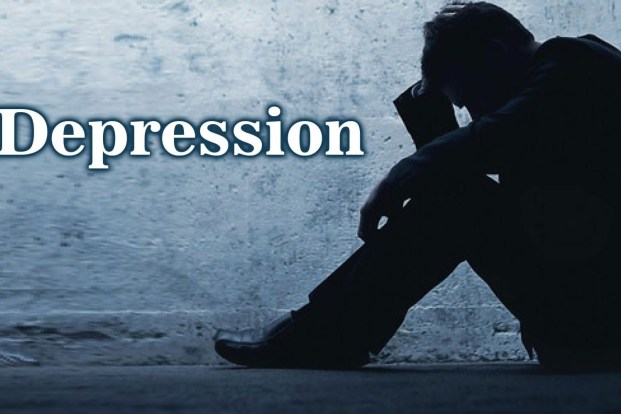Suicide and Suicidal Behavior: Overview
Apr 19, 2022
Suicidal behavior includes completed suicide and attempted suicide.

Suicidal thoughts have many causes. Most often, suicidal thoughts are the result of feeling like you can’t cope when you’re faced with what seems to be an overwhelming life situation. If you don’t have hope for the future, you may mistakenly think suicide is a solution. You may experience a sort of tunnel vision, where in the middle of a crisis you believe suicide is the only way out.There also may be a genetic link to suicide. People who complete suicide or who have suicidal thoughts or behavior are more likely to have a family history of suicide. Suicide, taking your own life, is a tragic reaction to stressful life situations and all the more tragic because suicide can be prevented. Whether you’re considering suicide or know someone who feels suicidal, learn suicide warning signs and how to reach out for immediate help and professional treatment. You may save a life your own or someone else’s
- Suicide basically results from the interaction of several factors, basically including depression.
- Few methods, such as guns, are more likely to result in death, but selection of a less lethal method does not necessarily mean that the intent was less serious.
- Any suicide threat or suicide attempt must be taken seriously, and help and support should be provided.
Symptoms
Suicide warning signs or suicidal thoughts include:
- Getting the means to take your own life, like as buying a gun or stockpiling pills
- Withdrawing from social contact and wanting to be left single.
- Having mood swings, like as being emotionally high one day and deeply discouraged the next
- Being pre occupied with death, dying or violence
- Feeling trapped or hopeless about a situation
- Increasing use of alcohol or drugs




